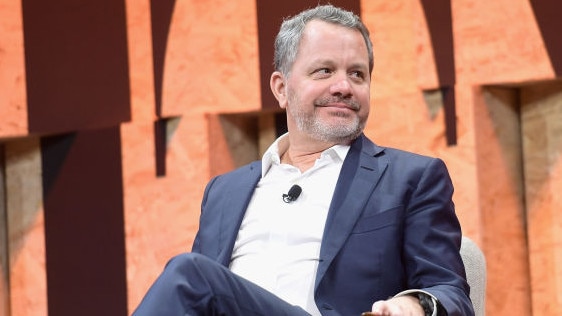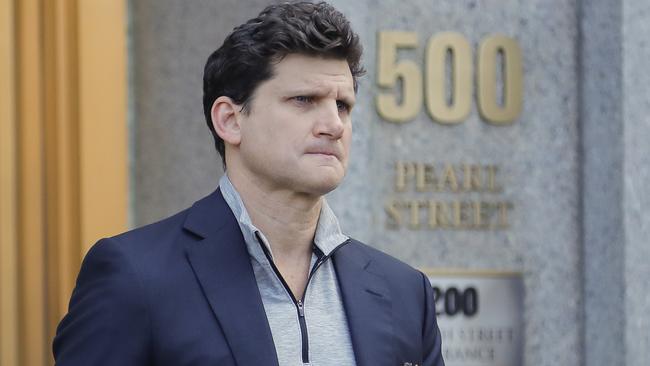TPG’s William McGlashan named in US college admissions scandal
Private equity giant TPG’s William McGlashan, who worked with Bono, has been accused over a college admissions scandal.

Private-equity firm TPG has put William McGlashan Jr, founder of its growth investment unit and head of the firm’s impact investment team, on indefinite administrative leave following allegations he participated in a college admissions cheating scandal.
Mr McGlashan is among dozens of defendants, including several with ties to the private-equity and venture-capital industry, named in a federal suit unveiled Tuesday. He is accused of channelling payments through a college-consulting company to help his son gain admission to the University of Southern California.
TPG’s co-chief executive Jim Coulter will serve as interim managing partner of TPG Growth and the Rise Fund, according to a statement from the firm. Mr Coulter will lead all investment work for both going forward, in partnership with the organisation’s executive team, the statement said.
In documents unveiled overnight (AEDT), government prosecutors describe a wide-ranging scheme in which parents used a private college-counselling service to funnel bribes to admissions-test administrators and, some cases, college coaches and officials to get their children admitted to universities, including the University of Southern California, Stanford University and Yale University.
The college counsellors who participated in the scheme promised admission to colleges through what they termed the “side door,” in exchange for payments disguised as charitable donations. The 32 defendants face criminal charges of conspiracy to commit mail fraud and honest-services mail fraud.
Other defendants have pleaded guilty to racketeering and other charges, including three people who helped lead the scheme and co-operated with the investigation and aren’t named in the suit.
Prosecutors claim that in 2017, Mr McGlashan paid $US50,000 get his son’s college-entrance exam answers corrected after the test was over. He also allegedly agreed to pay $US250,000 to get his son admitted to USC using a fake athletic profile.
TPG Growth, founded in 2007, is best known for its savvy early bets on technology start-ups such as Airbnb and Spotify. It closed its most recent fund, TPG Growth IV LP, with $US3.7 billion in 2017.
That same year, Mr McGlashan also co-founded the approximately $US2 billion Rise Fund alongside Irish rock star Bono and former eBay president Jeff Skoll, among others. The fund is dedicated to environmental, social and governance investing, which aims to back companies that have strong ethical and social impacts.

TPG is currently raising its second Rise Fund, seeking $US3.5 billion, WSJ Pro Private Equity reported in December.
Other defendants with ties to the alternatives industry named in the suit include Gordon Caplan, co-chairman of law firm Willkie Farr & Gallagher and a partner in the firm’s private-equity practice; Robert Zangrillo, founder, chairman and CEO of venture firm Dragon Global; John Wilson, president and CEO of private-equity and real-estate firm Hyannis Port Capital; and Manuel Henriquez, founder, chairman and CEO of venture-focused business development company Hercules Capital.

As of press time, none of the defendants were immediately available for comment.
The charges bring specific criminal and regulatory concerns for those in the financial-services industry, said John Coffee Jr, a Columbia University law professor who has written extensively on regulation and litigation.
Beyond the legal penalties and fees and the possibility of asset forfeiture, the defendants could lose their brokerage licenses if convicted, he said. That could create difficulties for raising money.
Mr Coffee said the defendants will likely try to negotiate agreements that allow them to avoid or defer being prosecuted in exchange for fulfilling certain requirements, in order to minimise these dangers.
“There are collateral consequences to a criminal conviction regardless of whether you go to prison,” he said.
With Laura Cooper
Wall Street Journal



